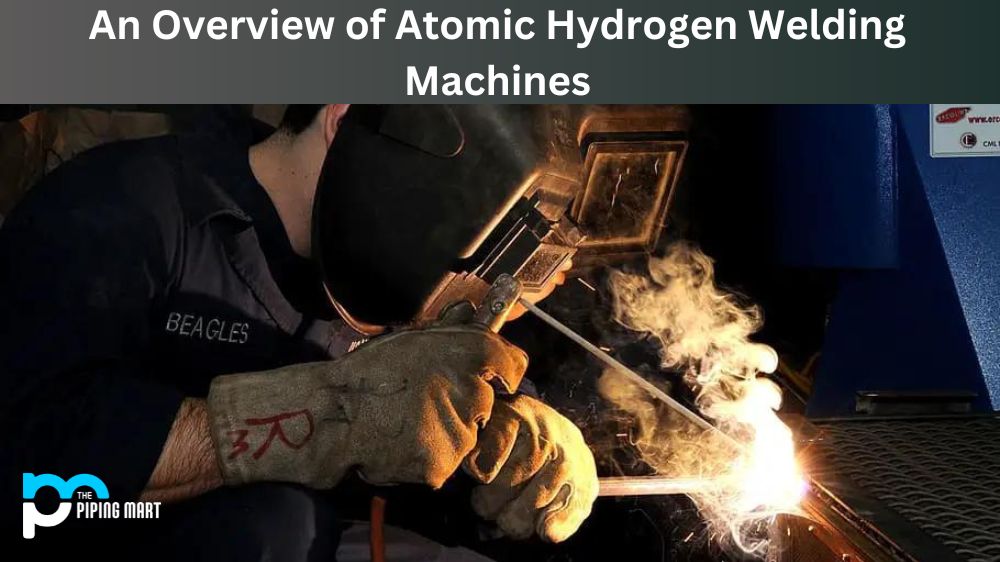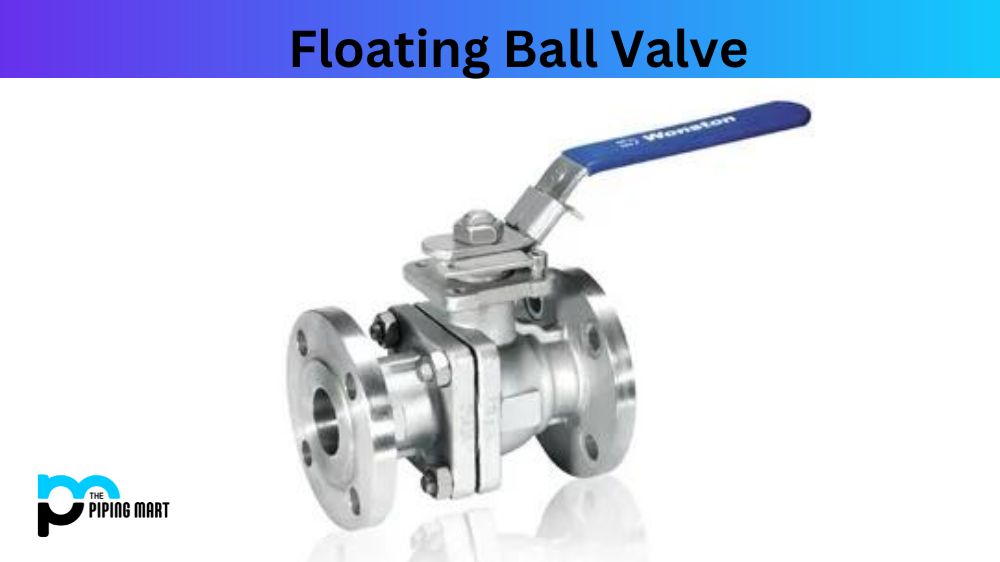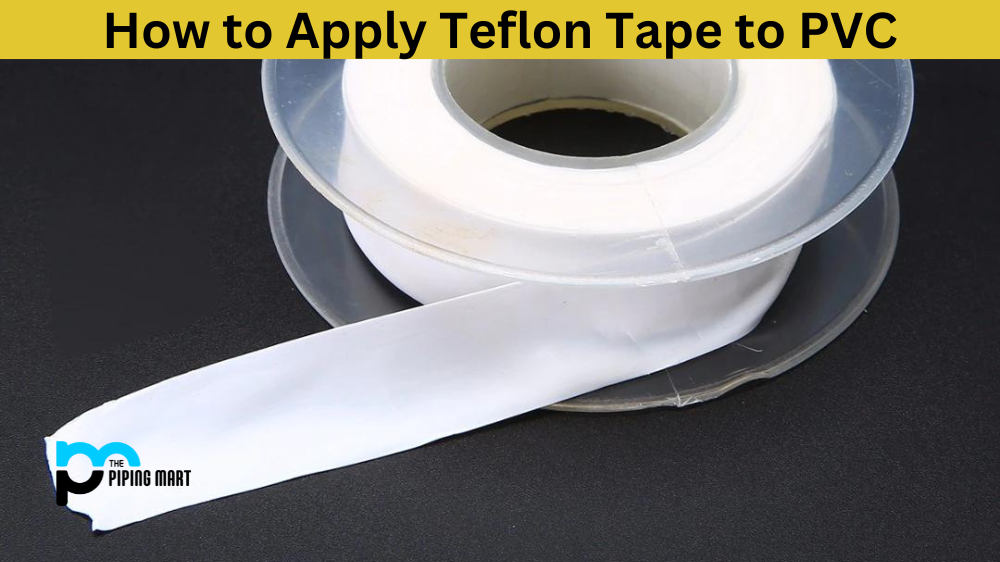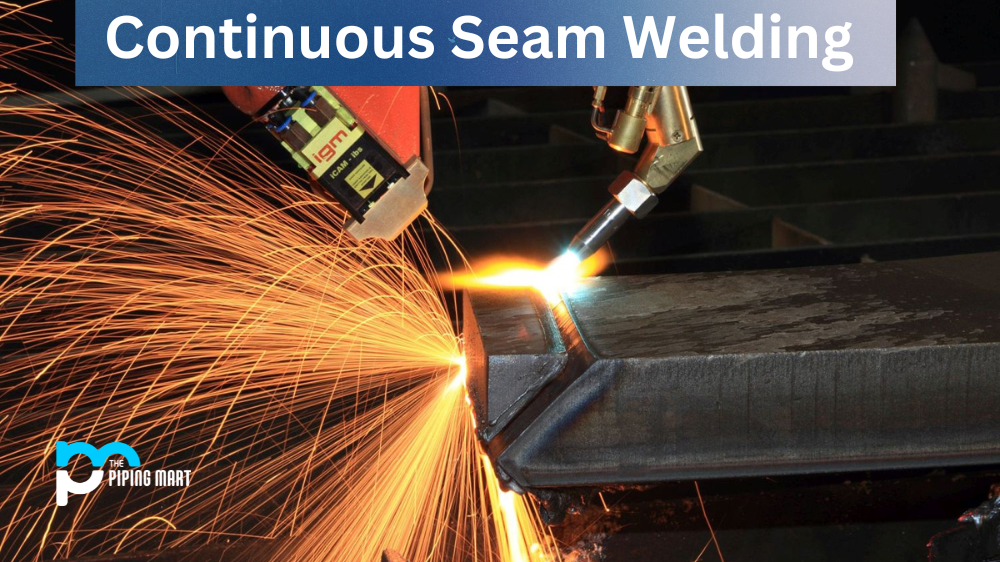Atomic hydrogen welding machines offer numerous advantages over traditional arc welding. This process is relatively fast, efficient, and cost-effective, making it an attractive option for any professional welder. However, there are some disadvantages to consider before committing to this technology. Let’s take a look at the pros and cons of atomic hydrogen welding machines.
Advantages of Atomic Hydrogen Welding Machine
One of the biggest advantages of an atomic hydrogen welding machine is its speed and efficiency. This process can be completed in a fraction of the time it takes for other types of welders and is much more consistent. The results are typically high-quality welds with minimal defects or flaws. Additionally, the process is clean, so you don’t have to worry about picking up after yourself after each use.
Another great benefit is that this technology is relatively inexpensive compared to other welders. The cost savings can be substantial if you plan on using it regularly. Finally, this type of welding machine also requires less setup than other options, making it easier for professionals who need quick results without breaking their budget or wasting time with unnecessary setup tasks.
Increased Efficiency
Atomic hydrogen welding machines are much more efficient than traditional welding machines. This is because they use less energy to produce the same heat. As a result, atomic hydrogen welding machines can help to save money on energy costs.
Increased Productivity
Atomic hydrogen welding machines are also more productive than traditional welding machines. This is because they can weld faster and for longer periods without needing to be cooled down. As a result, atomic hydrogen welding machines can help to increase output in a factory setting.
Improved Quality
Atomic hydrogen welding machines also produce a higher quality weld than traditional welding machines. This is because the welds produced by atomic hydrogen welding machines are stronger and more precise. As a result, atomic hydrogen welding machines can help improve the quality of products produced in a factory setting.
Reduced Emissions
Atomic hydrogen welding machines also produce fewer emissions than traditional welding machines. This is because they do not use fossil fuels like natural gas or coal to generate the heat needed for welding. As a result, atomic hydrogen welding machines can help to reduce pollution and improve air quality.
Safety Benefits
Atomic hydrogen welding machines also offer several safety benefits over traditional welding machines. This is because they do not produce sparks or flames, which can be dangerous in a factory setting. Additionally, atomic hydrogen welding machines do not emit harmful fumes, making them safer for workers to use
Disadvantages of Atomic Hydrogen Welding Machine
The main disadvantage to using an atomic hydrogen welding machine is that it does produce some hazardous fumes during operation, so proper ventilation should always be used when operating one of these machines. Additionally, it can be difficult to find a qualified technician who knows how to operate one as they are still relatively new technology properly. Finally, because this process requires extreme temperatures and pressure levels, there is always the risk of accidental burns or explosions, which could lead to serious injury or death if not handled correctly.
Limited Use
One of the main disadvantages of atomic hydrogen welding machines is that they are limited in their use. This machine can only be used for welding metals with a high melting point, such as tungsten or molybdenum. Additionally, the machine can only be used in a vacuum, as oxygen will cause the weld to fail.
High Cost
Another disadvantage of atomic hydrogen welding machines is their high cost. Due to their specialized nature, these machines are typically much more expensive than other welding machines. Additionally, the machines require a great deal of maintenance and upkeep, which can also add to their overall cost.
Dangerous
Another downside to using atomic hydrogen welding machines is that they can be dangerous. The machines produce a great deal of heat and ultraviolet radiation, which can harm both the operator and bystanders. Additionally, the process of welding produces a great deal of smoke and fumes, which can also be hazardous to one’s health.
Time-Consuming
Another disadvantage of atomic hydrogen welding is that it is a time-consuming process. This type of welding typically takes much longer than other methods due to careful preparation of the materials beforehand. Additionally, the process itself is typically slower than other methods due to the need to work in a vacuum.
Requires Specialized Training
Finally, another disadvantage of atomic hydrogen welding is that it requires specialized training. Due to the dangers of this type of welding, those who wish to operate these machines must receive proper instruction and training beforehand.
Conclusion:
While some potential risks are associated with using an atomic hydrogen welding machine, they offer numerous benefits, including speed, efficiency, and cost savings compared to other types of welding machines. Suppose you’re a professional welder looking for a reliable option that won’t break your budget. In that case, this might be worth considering – make sure you take all safety precautions before attempting any projects with an atomic hydrogen machine!

A passionate metal industry expert and blogger. With over 5 years of experience in the field, Palak brings a wealth of knowledge and insight to her writing. Whether discussing the latest trends in the metal industry or sharing tips, she is dedicated to helping others succeed in the metal industry.




